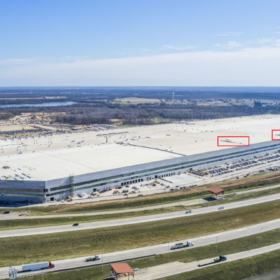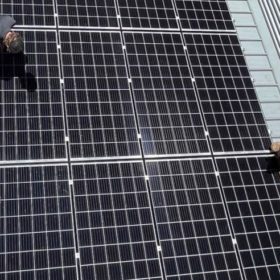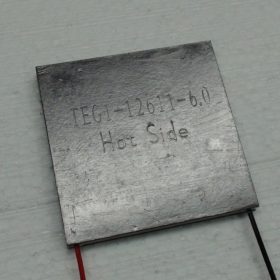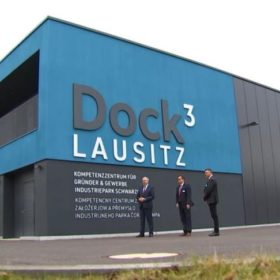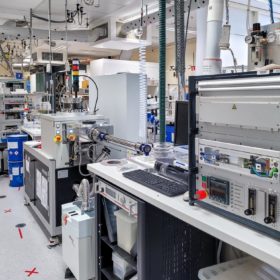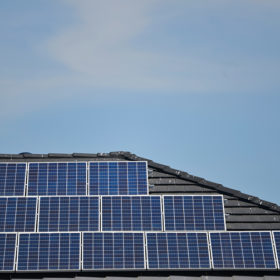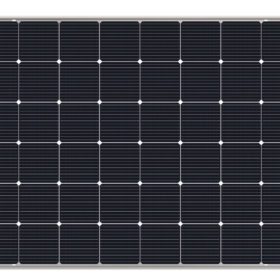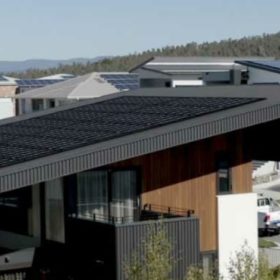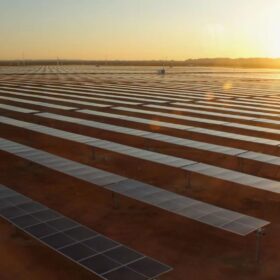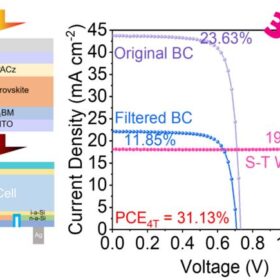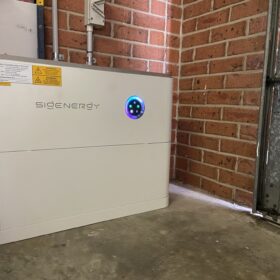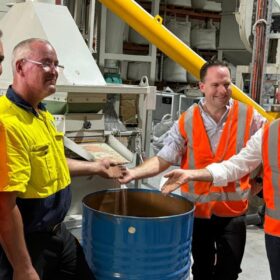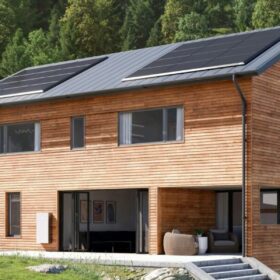Tesla Energy results up, but mixed, for 2021; solar makes nary a sound on quarterly call
On the company’s Q4 earnings call, the world-leading EV manufacturer again prioritised delivering cars over growing low-margin energy storage products, while solar products were barely noted. Both verticals grew though, solar by 68% and storage by 32%.
Bendigo banking on Australian-made solar modules for savings
Australian financial institution Bendigo and Adelaide Bank has turned to solar PV to improve its bottom line with a 200 kW rooftop system installed atop its major corporate site in Bendigo in regional Victoria.
Coupling photovoltaics with thermoelectric cooling
An international research team has investigated how solar could be combined with thermoelectric coolers (TECs), which are small solid-state heat pumps used either for heating or for cooling. A system was built with six solar panels, an air duct system, four batteries, a charge controller, TECs, an inverter, heat sinks, a test chamber, and condenser fans.
Altech lands German site for battery materials project
Western Australia-based Altech Chemicals’ plan to develop a high-grade alumina coating plant for lithium-ion batteries in Germany has taken a crucial step forward with the acquisition of an industrial site that could potentially house the facility.
Aussie analysis of the fine art of gettering
Scientists in Australia have analysed the state-of-the-art of all gettering technologies used in the solar industry. This technique, which is aimed at reducing defects in wafer manufacturing, may become more important in the future, as cell efficiencies increase and become increasingly sensitive to traces of metallic impurities.
Quantum dot layer pushes perovskite solar cell efficiency up to 25.7%
Researchers in Switzerland have replaced the electron transport layers in perovskite solar cells with a thin layer of quantum dots. On an area of 0.08cm2, they achieved a record efficiency of 25.7% and high operational stability.
Huge aluminium demand expected in solar industry, concerns arise on emissions
Researchers from the University of New South Wales (UNSW) predict that growth to 60TW of photovoltaics needed to rapidly reduce emissions to ‘net zero’ and limit global warming to <2 °C could require up to 486 Mt of aluminium by 2050. A key concern for this large aluminium demand is its large global warming potential.
Most popular solar panel, inverter brands for 2021 revealed
SunWiz analysis has found the most popular brands of solar panel and inverters in the Australian market, as well as how their popularity shifted throughout the quarters. In total, 5.2 GW of solar was installed in Australia in 2021, putting the country’s cumulative tally at 26.9 GW.
TOPCon vs PERC
TOPCon solar cells are on their way to fully compete with PERC solar products, according to recent research from Germany’s Fraunhofer ISE. Efficiency gains for the TOPCon concept, however, are necessary to help it capture more market share, as production costs remain higher than those for PERC tech. A series of cost-driven strategies to make TOPCon modules advance were outlined in the study.
LG launches new Australian solar module range
South Korean electronics and solar PV module manufacturer LG Electronics has announced its new range of solar panels featuring half-cut cell technology and gap-free design for the Australian rooftop market.
